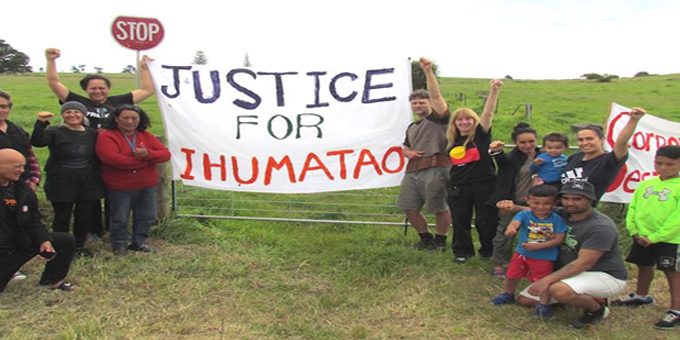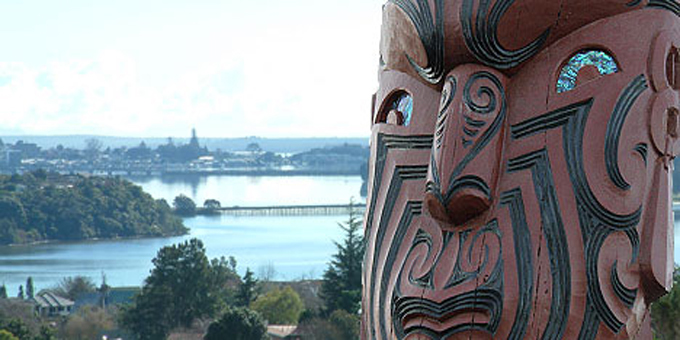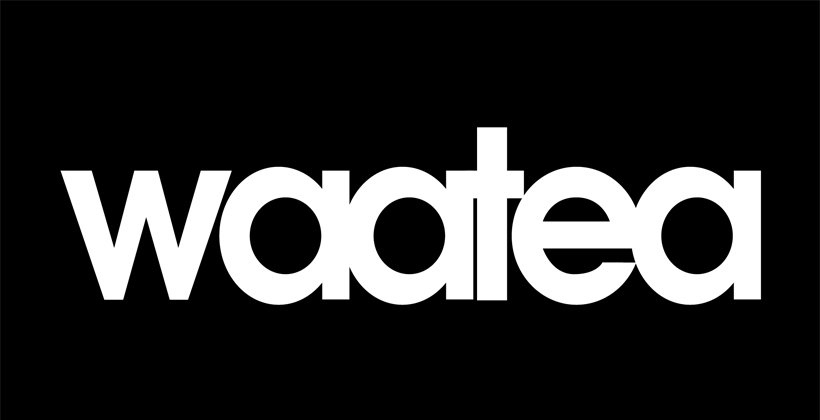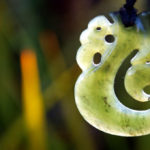April 27, 2016
Maori turn statistics around

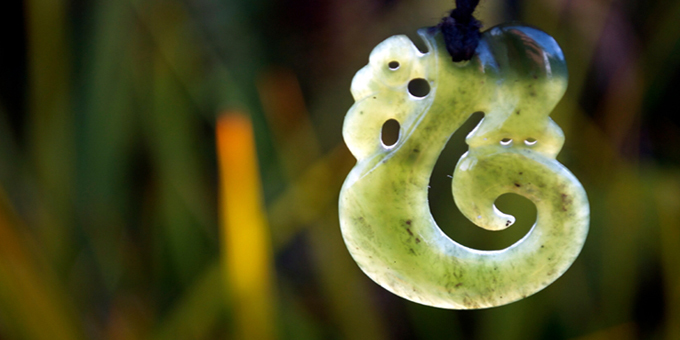
An indigenous health researcher says Maori have reason to be proud about the way gaps in health and other indices are closing.
Bridget Robson, the associate dean Maori at Otago School of Medicine in Wellington, is one of the authors of a report that looked at health, education and economic data from 23 countries with indigenous populations.
She says while the lingering impact of colonialism meant there were disparities in every country between indigenous and non-indigenous, in Aotearoa there were signs 30 years of Maori participation in direct health delivery and policy making was starting to make a difference.
"In the 80s and 90s we had a 10 year life expectancy gap and now it's down to seven, that's quite major progress. We've got significant drops in our infant mortality recently as our Maori health providers have been working to create safe sleeping spaces for Maori babies and help women reduce smoking during pregnancy so we can stand proud for the progress we have made through Maori participation at all levels of the health system," she says.
Ms Robson says data collection efforts help keep the pressure on governments to make changes.
Copyright © 2016, UMA Broadcasting Ltd: www.waateanews.com


